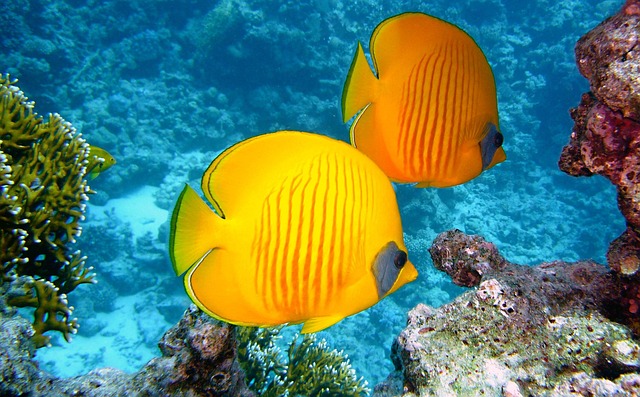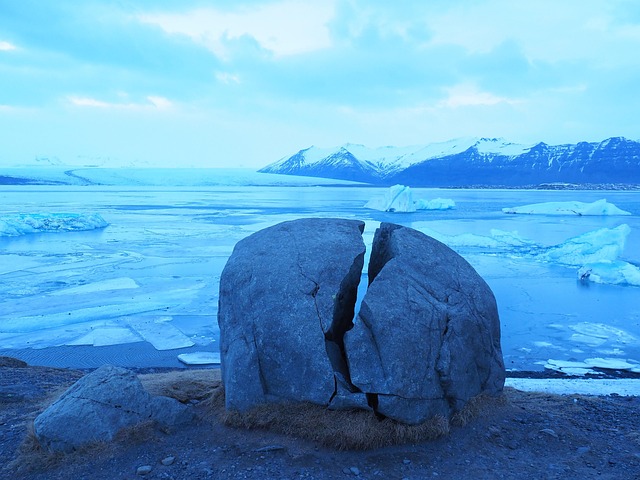Coral reefs, often referred to as the rainforests of the sea,” are vital ecosystems that support a diverse array of marine life. Unfortunately, these vibrant habitats are increasingly falling victim to a phenomenon known as coral bleaching. This devastating occurrence is a direct consequence of climate change and is threatening to unravel the delicate balance of marine biodiversity.
When corals experience stress due to rising ocean temperatures, pollution, or other environmental factors, they expel the colorful algae living in their tissues, leading to a stark white appearance. This is what we know as coral bleaching. Not only does this change strip corals of their vibrant colors, but it also jeopardizes their survival, leaving them vulnerable to disease and mortality.
The consequences of coral bleaching extend far beyond the reefs themselves. Entire marine ecosystems rely on corals for shelter, food, and breeding grounds. A decline in coral health can disrupt the food chain, causing a ripple effect that affects countless species, including commercially important fish populations. This not only impacts marine life but also the livelihoods of millions of people who depend on healthy reefs for their income and sustenance.
The impact of climate change on coral reefs is not a distant worry; it is a present reality. According to scientific studies, the frequency and intensity of coral bleaching events have increased significantly over the past few decades. With ocean temperatures on the rise, we are witnessing unprecedented levels of stress experienced by coral communities worldwide. The Great Barrier Reef, one of the planet’s most iconic ecosystems, has suffered massive bleaching events in recent years, serving as a sobering reminder of what is at stake.
The effects of coral bleaching are not just an environmental issue; they reflect a broader crisis of climate change that demands urgent action. As global temperatures rise, extreme weather events become more frequent, and marine habitats are pushed to their limits. Preserving these underwater sanctuaries is essential not only for marine species but for our planet’s health as a whole.
There is still hope. By raising awareness about the threats posed by climate change and advocating for responsible environmental practices, we can take collective action to mitigate the impact of coral bleaching. Efforts such as reducing carbon emissions, promoting sustainable fishing, and establishing marine protected areas are crucial in the fight to save our coral reefs. Each small action we take can contribute to a larger movement towards preservation and recovery of these invaluable ecosystems.
Understanding the emotional weight of coral bleaching allows us to connect with the struggle of coral reefs. These ecosystems are not merely biological communities; they are emblematic of the beauty and fragility of our planet. When we witness the decline of coral reefs, we are reminded of our place in the interconnected web of life and the responsibilities we hold to guard it. Only by recognizing the urgency of this crisis can we mobilize towards lasting change, ensuring that future generations inherit a vibrant and thriving ocean ecosystem.



